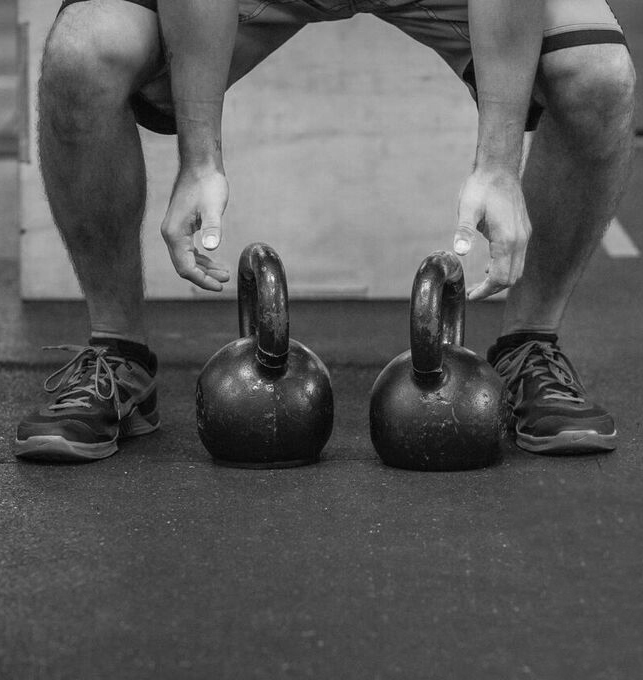by Coach Aaron Hyatt
One of the most overlooked aspects of physical health and fitness is flexibility. Poor flexibility can lead to a host of problems, including injury, overcompensation, poor performance, or hitting plateaus. However, people with above average flexibility can typically continue to progress in training without having many injuries. I want to discuss four reasons why flexibility is important. First, let’s define flexibility. Flexibility is the range of motion that your joints are able to move through. If you can move a particular joint through all different ranges of motion easily, then you have ideal flexibility in that joint. Now that we know what ideal flexibility is, let’s discuss what happens when we do not have a full range of motion in a joint or joints.

The biggest problem that occurs from poor flexibility is an injury. These injuries could be classified as tweaks and strains. Now let us talk about why we experience these tweaks and strains. The modern lifestyle has been developed to put an emphasis on convenience over health, and our bodies are starting to pay the consequences. The majority of our day is spent sitting, either at work or in the car or on the couch, and we spend hours a day looking down at our phones. The result of all of this sitting and poor posture is a loss of range of motion in our hips, ankles, and shoulders, just to name a few. When we lose this range of motion, we are not able to get in positions that our body was designed to get into, such as sitting in a full squat or reaching our hands over our heads with our arms straight. Therefore, when we do try to get into these positions, whether with weight or not, our body compensates, and many of the muscles that should be doing the work of these movements are not used. Lats, Glutes, core, and lower traps end up getting shut off and smaller, secondary muscles end up doing the work of these larger muscles.
2. Overcompensation
The second problem that occurs with a lack of flexibility was discussed a little previously, and that is overcompensation. When we cannot access the big muscles that are supposed to do the work, then they get shut off and smaller muscles overcompensate and do the work of the big muscles. These muscles are designed to have more of a supporting role, but when they are forced to be the main movers than problems occur. They get tired and overworked much more easily, and our bodies have to work harder to do the work as a result. This can lead to the last two problems of poor performance and plateaus, as well as injuries which have already been discussed.
3. Poor performance
For people who are trying to compete in the sport of CrossFit, or in any other physical activity, perhaps poor performance is the biggest downfall of poor flexibility. When a person has poor flexibility and cannot access the correct muscles to perform a task, they are missing out on a higher level of performance. Let’s take the glutes for example. If a person sits most of the day, then the chances are they are missing out on some of their glute function due to poor flexibility. If this person wants to compete in any sport where using the lower body is important (which is most sports), then they are effectively missing out on much of the power of the biggest and strongest muscle group of the body. Let’s say our competitor is competing in powerlifting and wants to squat as much as possible. If their glutes are not fully engaged due lack of flexibility, then smaller and weaker muscles will be forced to do the work that the glutes should be doing. This will lead to a lower back squat number (perhaps much lower) than could be achieved if the glutes were fully engaged. The body is very good at compensating to get a task done, but when it does we miss out on a lot of performance that could be achieved by using the muscles that we should be using.
4. Plateaus
The final problem with poor flexibility is reaching a plateau in training. This goes hand in hand with poor performance and is very common in people who have been training for multiple years, especially those who did not start training until later in life. If a person does not have the proper flexibility to perform certain tasks then, as discussed before, the smaller muscles will do the work that the big muscles should be doing. Eventually, these smaller muscles will reach their full potential, which leads to a plateau. No matter how hard you try or how much work you do, you will not get any better until you learn how to recruit the bigger muscles to do the work that the smaller muscles are doing. This can be a very frustrating process and can lead some people to quit training altogether. If you have reached a plateau then it might be a good idea to see if you have a full range of motion in all of your joints.
One of the most overlooked aspects of physical health and fitness is flexibility. Poor flexibility can lead to a host of problems, including injury, overcompensation, poor performance, or hitting plateaus. In this article, we discuss these four problems and what you can do to overcome them—which will have you training pain-free for years to come.
